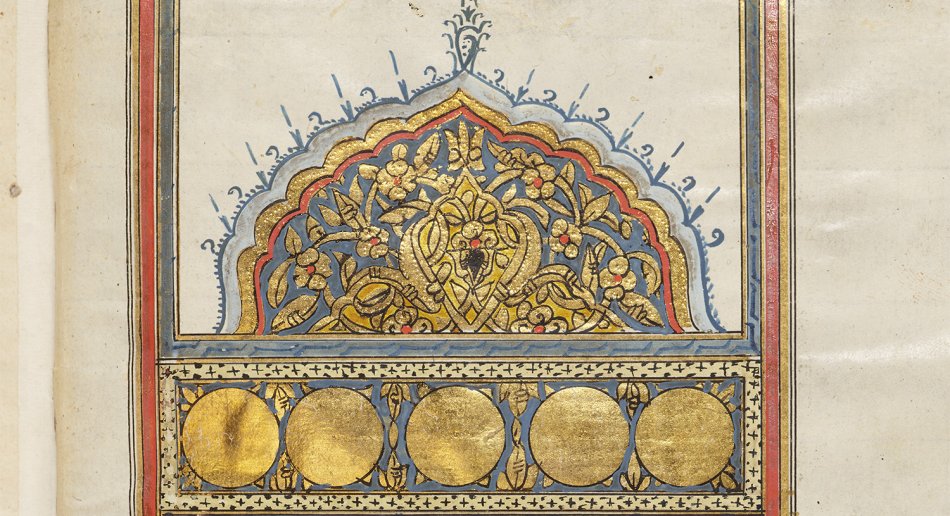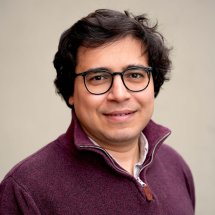
Unconventional Gospels
A Computer–Assisted Analysis of Complex Harmonic Traditions in Newly Discovered Manuscripts
Unconventional Gospels (UnGos) is a project funded by the Research Council of Norway under the scheme of Researcher Project/Young Research Talents FRIPRO (grant no. 356951). It aims to study the phenomenon of Gospel harmonies in Eastern Christian communities. Employing methods from digital humanities and manuscript studies, the UnGos team will analyse the manuscript tradition of these harmonies and provide their text for future use in New Testament Textual Criticism and Reception History. UnGos is led by Dr. Mina Monier (PI) and will run from January 2026 until the end of 2029. Ungos is a part of the MF Lab for Manuscript Studies and Digital Research.
Background
The four canonical Gospels—Matthew, Mark, Luke, and John—are foundational texts of Christianity. However, early Christian history also saw the creation of "Gospel harmonies," single narratives compiled from these four sources. The phenomenon of harmonies originating from Eastern Christian communities (in Arabic, Syriac, Coptic, and Greek) remain significantly understudied. The UnGos project addresses this knowledge gap by systematically investigating these lesser-known textual traditions.
Goals
The project will analyse the rich and complex manuscript tradition of these harmonies by categorising them into types: comprehensive narratives integrating all four Gospels, selective versions focusing on specific events like the Passion, and even practical manuals for aligning Gospel passages.
By documenting and studying these Eastern harmonies alongside their Western counterparts, UnGos provides a more comprehensive understanding of early Christian history, textual transmission, and intercultural dialogue. It illuminates previously neglected aspects of Christian heritage and offers new perspectives on how the Gospels were received and interpreted across diverse communities.
Advisory Board
Professor Joan E. Taylor (King’s College London)
Professor Liv Ingeborg Lied (MF Norwegian School of Theology, Religion and Society)
Professor Brent Nongbri (MF Norwegian School of Theology, Religion and Society)
Professor James Barker (Western Kentucky University)
Professor Matthew Crawford (Australian Catholic University)
Professor Nicholas Zola (Pepperdine University)



